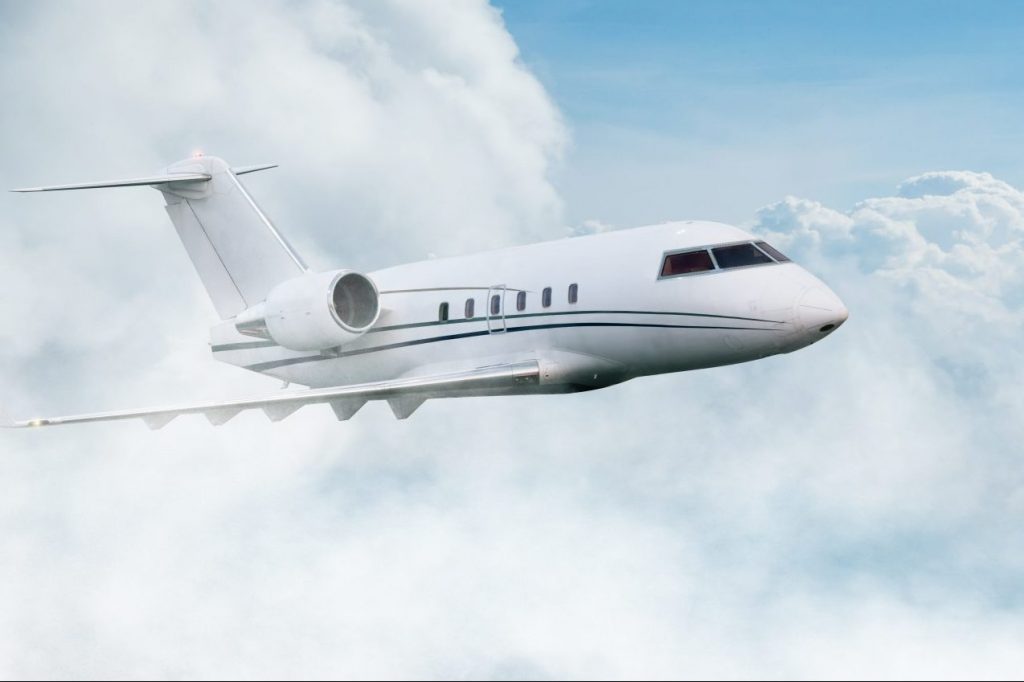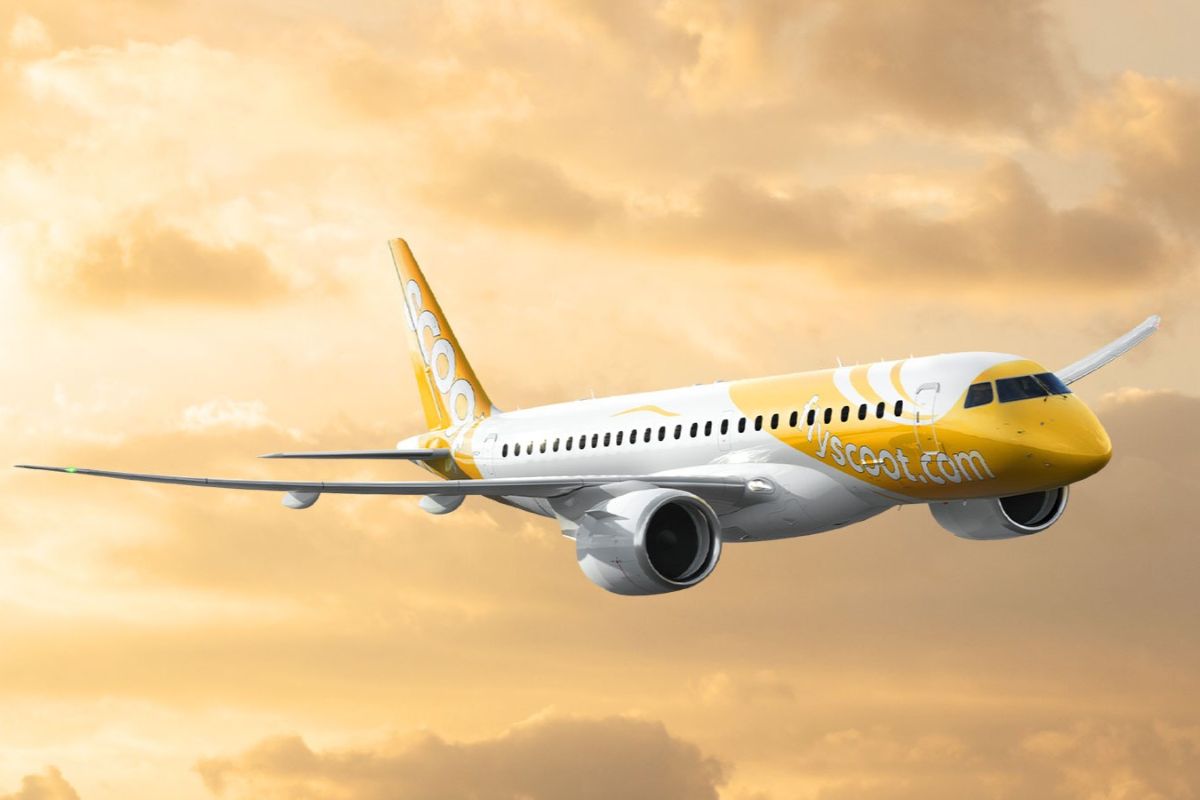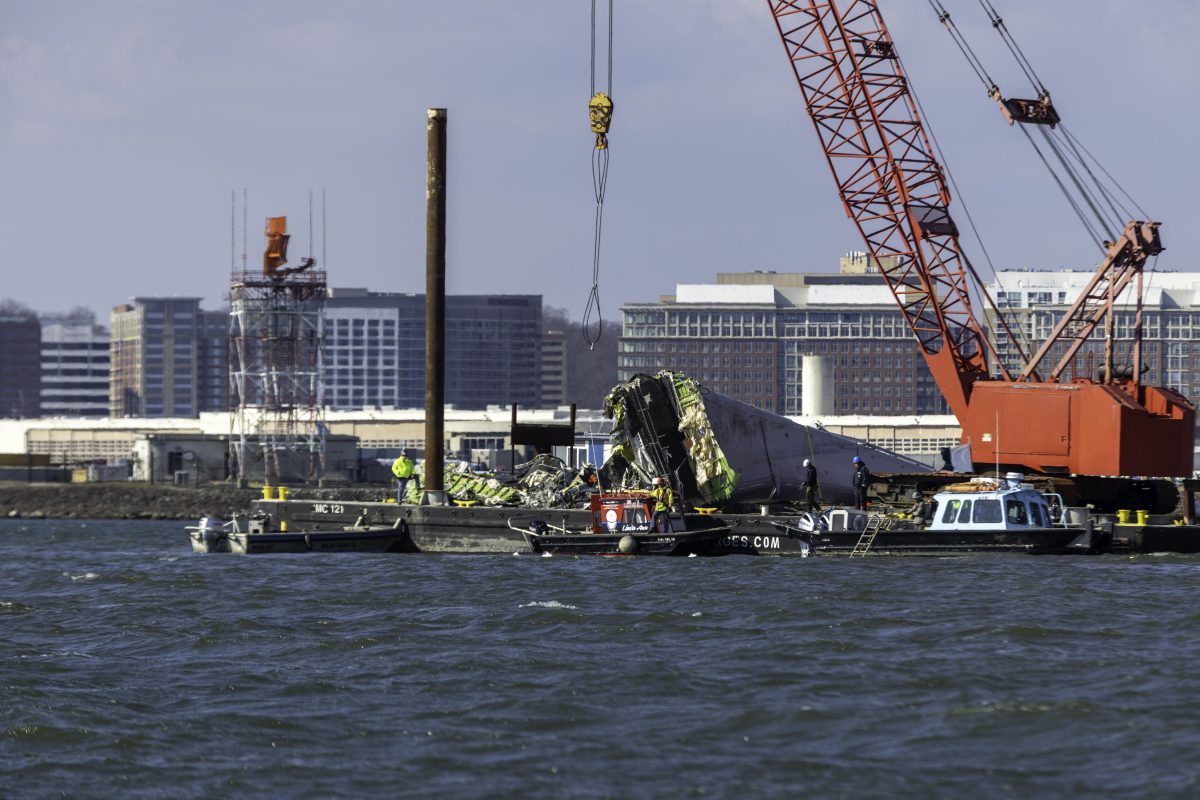A Social Distancing Solution in the Sky Is 'Air Pooling': Will It Catch On Beyond Affluent Passengers?

Skift Take
I recently attended a virtual travel industry roundtable made up of some of the most influential travel advisors in the industry.
If you’re a travel agent today, you’ve likely lost close to 100 percent of your business during the pandemic. However, many resourceful agents are digging deep to innovate and drive new revenue streams to stay alive.
Get the Latest on Coronavirus and the Travel Industry on Skift's Liveblog
One such idea gaining traction is the concept of “air pooling,” a service that matches up to two families to fly private into and out of mutually convenient airports. I spoke with Meredith Broder, private travel designer at Avenue Two Travel who came up with the concept that’s keeping her business thriving.
Within the last month she said she has assisted at least a dozen new clients that represent 95 percent of her transactions since Covid-19, all driven through word of mouth and social media.
The idea was born out of the need for “snowbirds,” mostly affluent Northeasterners who migrate seasonally to the warm climate to avoid cold weather and who are now eager to return north to their summer residences before the hurricane season moves in. Many of these well-heeled south Florida residents go back to their summer homes in the Hamptons, Nantucket, in New Jersey, and the like. But with limited flights, most with multiple connections, her clients felt too exposed and at risk.
Meredith was getting a mounting number of requests from her clients and their families trying to get elderly parents transported from Florida in a safe way that would limit their risk to the virus. While many of her clients already fly private, others do not, so she figured out a solution to make private aviation closer in cost to the first class cabin.
A typical air pool involves no more than two households in which both families must fill out health declarations and communicate before the flight. Some clients already bring their own “friends and family,” otherwise Meredith will match them with the most attractive options considering safety, finances and reliability.
Most flights are on mid- and super mid-seater jets holding seven to 15 passengers, with no layovers. Beyond the conveniences of driving up to the jet ten minutes before take-off and preferred scheduling, the limited interaction with other people during Covid-19 is far more attractive and advantageous than that of a typical airport terminal/commercial experience.
In terms of pricing, Meredith told me: "I’m aiming for $2,500 to $3,500 per person for the typical Florida-to-New York route. So, when I put two households or four to five people on the plane, it is a lot less than one person taking a charter. Sometimes there are only three people, and sometimes there are six. So it’s not really per person, but estimating $2,500 per person has kept things very reasonable."
Will air pooling survive post-pandemic? With so many routes eliminated, if travel advisors can source easy and affordable ways to move clients from point A to point B without long layovers it will remain appealing. Upon the return to “the new normal,” passengers will be required to arrive at the airport many hours in advance, wait for their flight at crowded gates, and if there’s luggage to check, there will be even more handlers involved.
On most flights, passengers walk through the premium cabin to get to their seat elsewhere on the plane. My hunch is that shared flights will be highly sought after in the future as long as customers have a trusted advisor who knows their preferences and can “match-make” accordingly.
When I asked Meredith if her clients will go back to the first class cabin, she commented “all of our crystal balls are broken, but I can tell you as long as it remains affordable, it will be hard to look backwards. People are very grateful, and I am happy to help. We keep pilots employed and planes in operation while limiting exposure to germs, and consolidating costs.”
Carolyn Kremins is the president of Skift who has been tirelessly attending travel webinars as part of her quarantine, seeking the latest information and, of course, generating business.




